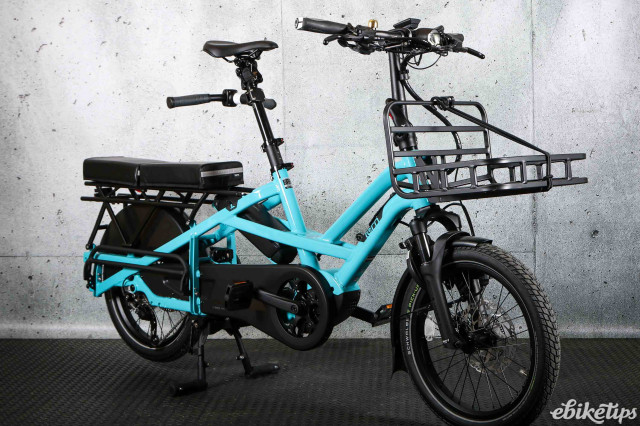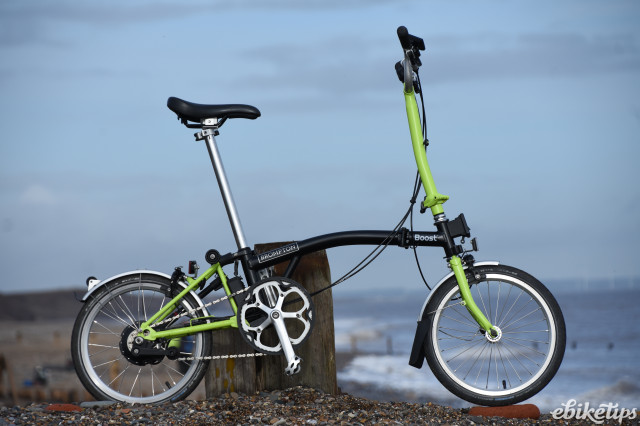The West of England Combined Authority has launched a year long trial that will see e-cargo bikes used for deliveries instead of vans by a number of local institutions. Bristol Royal Infirmary (BRI), The University of the West of England and Bath Spa University are among those taking part in the Sustainable Urban Freight Project.
The West of England Combined Authority has invested £920,000 in the scheme, which will run from June 2022 to June 2023.
“If we are going to reach our ambitious net zero targets, we urgently need to put on the brakes and re-evaluate how goods move across our region,” said Metro Mayor Dan Norris. “I’ve spoken to many smaller businesses who sing the praises of electric bikes, but getting these larger organisations to sign up is a significant step.
“I’m proud that the West of England Combined Authority under my leadership is helping ensure polluting diesel vans are a thing of the past. From groceries to medical supplies, e-cargo bikes can help cut congestion and clean up our toxic air. That’s a win-win for our region.”
Research often shows that e-cargo bikes are not just more environmentally friendly than vans, they’re quicker too.
It’s not just that they can often take more direct routes and filter past urban traffic, they’re a good deal easier to park too.
Paul Griffiths, who is taking part in the BRI trial, highlighted this when speaking to the BBC.
"We're going to be transporting all devices, laptops, desktops, printers and screens and some medical supplies and notes,” he said. "The parking with these is ten times easier than the massive vans and we can use bus lanes which is much quicker as well."
BRI is not the first hospital to embrace the advantages of e-cargo bikes. Last year we reported how medication delivery times to Oxford NHS sites have been halved by making a similar switch.
The change is also saving an estimated 10 tonnes of carbon emissions per year.
> Nippychecks: the Bristol plumbing firm that’s operating on e-bikes





